Dean Yates was a reporter for Reuters who led teams that covered the 2002 Bali bombings and the 2004 Boxing Day tsunami in Indonesia. He served as deputy bureau chief for Israel and Palestine in 2006, during the Lebanon War and was the Reuters bureau chief in Iraq, overseeing a staff of 100 people, from 2007-2008. It was during his time in Iraq that a U.S. Apache gunship gunned down two Reuters journalists in Baghdad on July 12, 2007. WikiLeaks founder Julian Assange published footage of that attack in 2010 known as the Collateral Murder video. Yates struggled in the aftermath with severe PTSD and was consumed by guilt over the killing of his two Iraqi colleagues. His trauma was a time bomb, leading to substance abuse, rage, numbness and pushing up to the edge of suicide. He was hospitalized three times in a psychiatric ward. He, like many former war correspondents, felt abandoned by his news organization. He was unable to recapture the camaraderie and sense of purpose, even meaning, that comes with war reporting. The toxicity of his trauma, which took a heavy toll on his wife and children, became the new war he had to fight. Yates has written a brutally honest memoir about his battle, Line in the Sand: A Journalist’s Memoir of War, Trauma, Infidelity and Healing. He joins me to discuss the trauma of war reporting, its crippling consequences and the struggle to heal and find peace.
Ready for more?

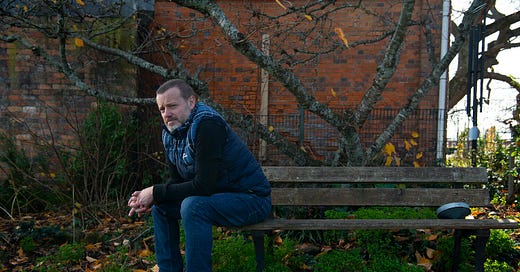



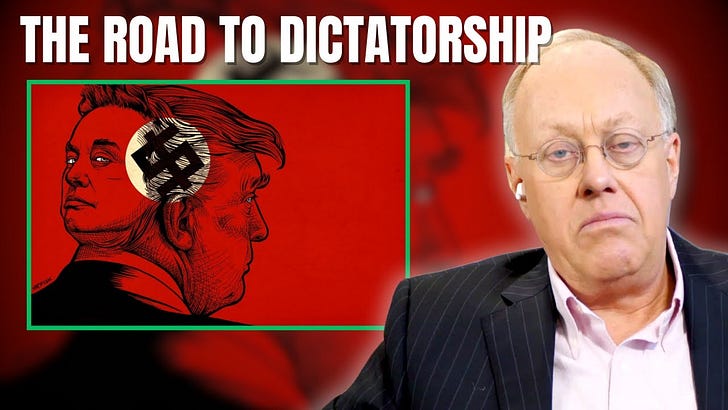
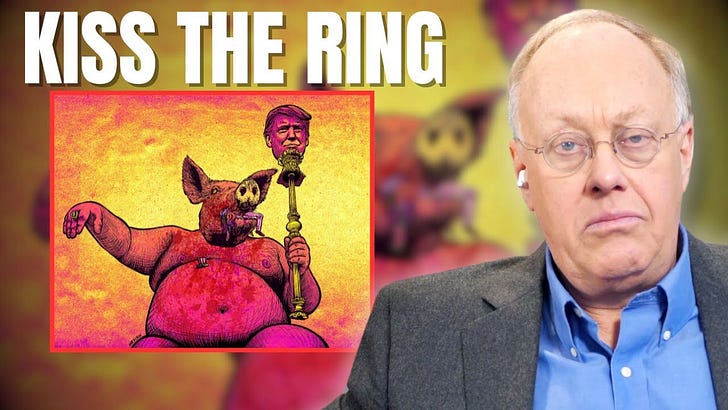
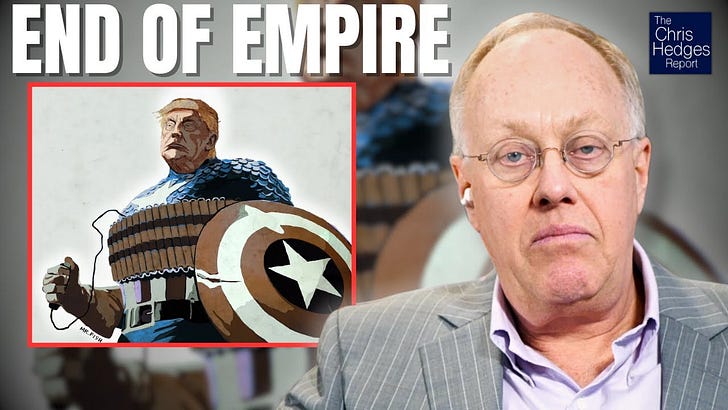
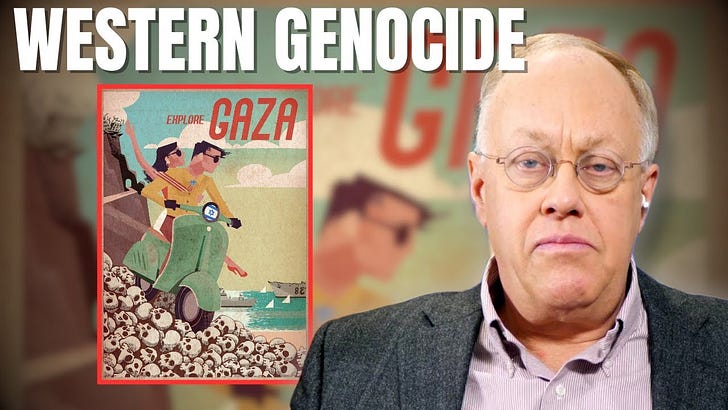
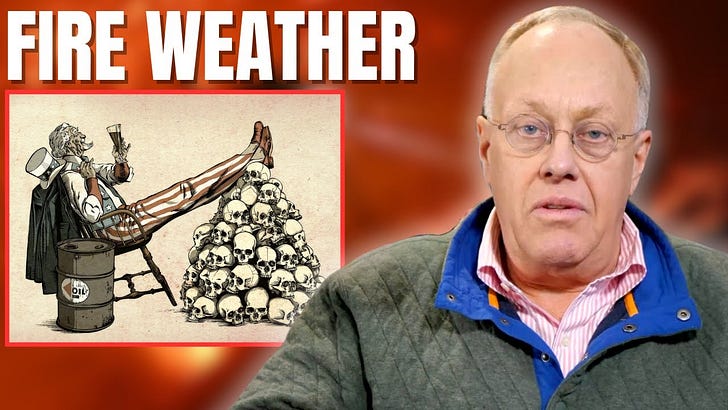
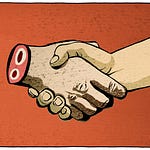

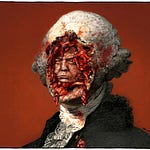
Share this post